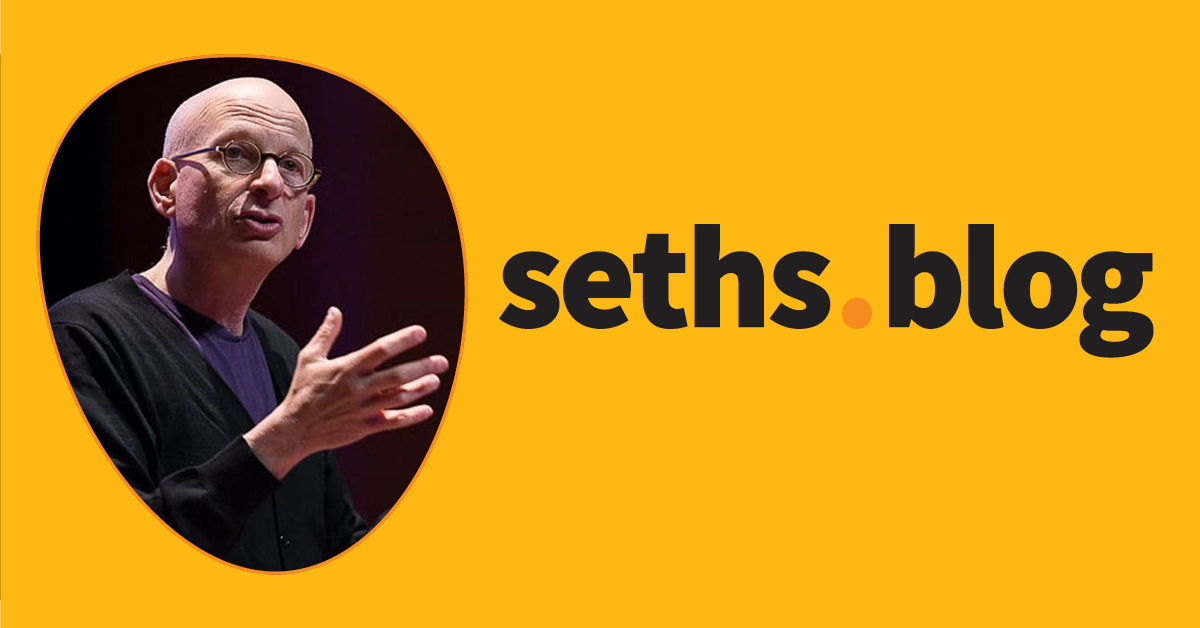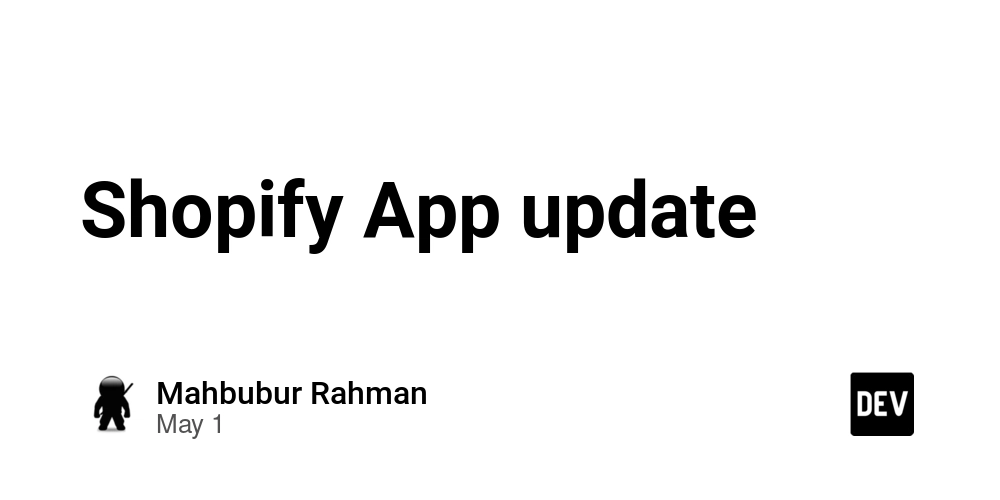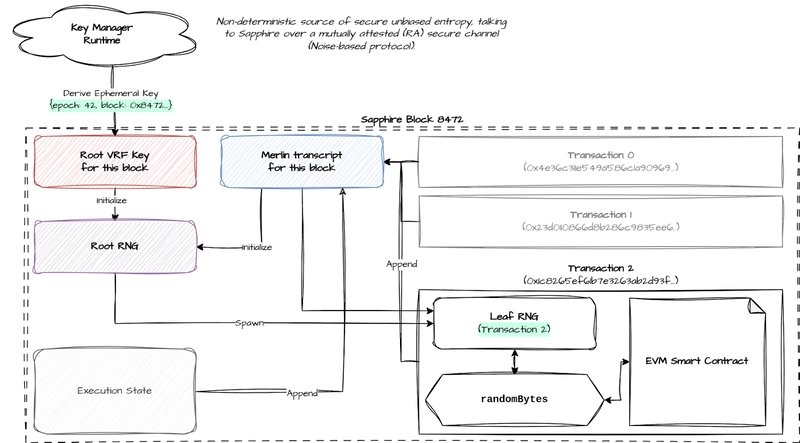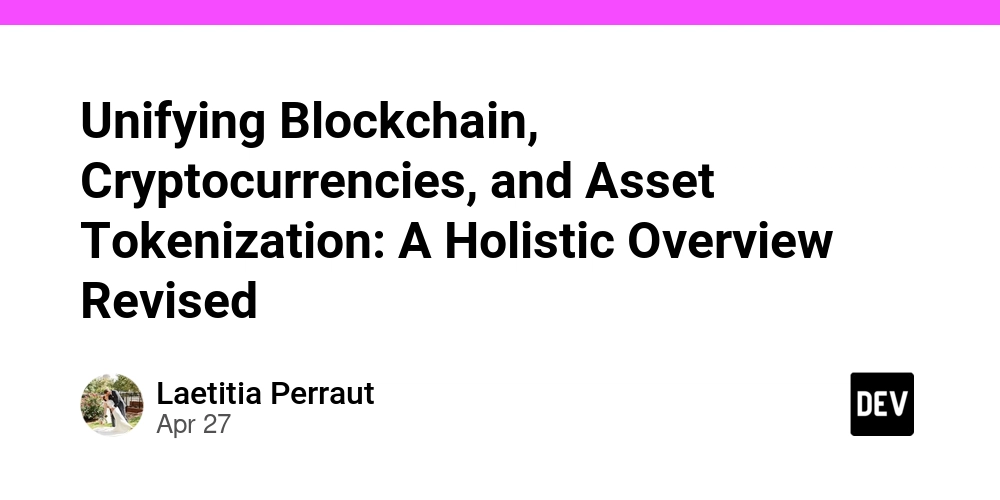Trusted Randomness in Web3: How Oasis Sapphire Solves the RNG Problem
Random number generation sounds simple—until you try to do it securely on a blockchain. For Web3 developers, getting trustworthy randomness without relying on centralized oracles has always been a headache. Oasis Sapphire changes that. The Problem: Why Randomness is Hard on Chain Blockchains are deterministic. Every node must arrive at the same state from the same input. That means contracts can’t call traditional random functions—doing so would break consensus. Developers have tried workarounds: → block.timestamp or blockhash (manipulable by miners). → Off-chain oracles (extra cost and trust assumptions). → Commit-reveal schemes (fragile coordination). All these methods are brittle or insecure. The Solution: RNG from a Trusted Execution Environment Oasis Sapphire brings randomness inside the contract, powered by a TEE (Trusted Execution Environment). Instead of calling an oracle, your contract asks the enclave for a random number. Here’s what you get: → Secure entropy from hardware (e.g., Intel RDRAND). → Attested randomness: A cryptographic proof it was generated in a sealed environment. → On-chain verifiability: Proofs verified by the Oasis network. No external dependencies. No oracle delays. No attack vectors. How It Works Your smart contract (running on Sapphire) requests a random number. The TEE generates the value securely from hardware entropy. A cryptographic proof (attestation) is attached. The chain verifies that the randomness was generated by a valid, unmodified program. All within the scope of a single transaction. Use Cases for Developers → NFT Minting – Assign traits randomly without leaking or manipulating metadata. → On-Chain Games – Power lotteries, dice rolls, or loot drops with fair randomness. → DAO Voting – Break ties randomly and verifiably. → AI Decision-Making – Use randomness in agent logic without exposing outcomes. And since Sapphire smart contracts are confidential by default, the process doesn’t leak sensitive state or user data. Why It Matters With Oasis RNG: → You don’t need to trust a centralized oracle. → You don’t need complex commit-reveal flows. → You don’t compromise privacy or decentralization. It’s randomness as it should be: private, verifiable, and built in.
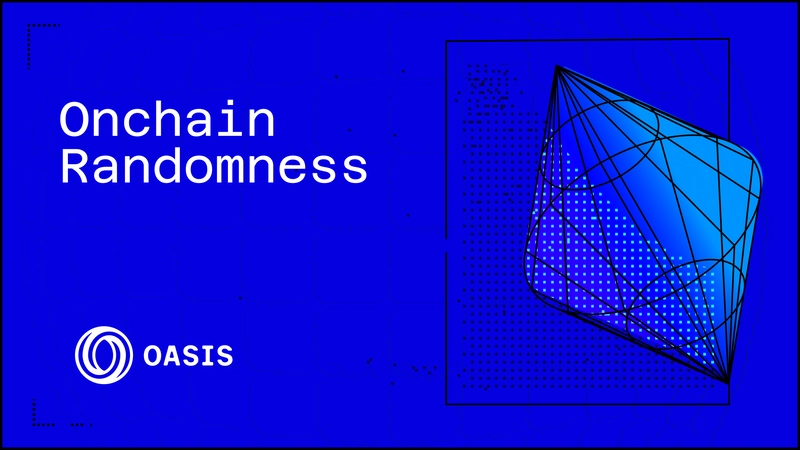

Random number generation sounds simple—until you try to do it securely on a blockchain. For Web3 developers, getting trustworthy randomness without relying on centralized oracles has always been a headache.
Oasis Sapphire changes that.
The Problem: Why Randomness is Hard on Chain
Blockchains are deterministic. Every node must arrive at the same state from the same input. That means contracts can’t call traditional random functions—doing so would break consensus.
Developers have tried workarounds:
→ block.timestamp or blockhash (manipulable by miners).
→ Off-chain oracles (extra cost and trust assumptions).
→ Commit-reveal schemes (fragile coordination).
All these methods are brittle or insecure.
The Solution: RNG from a Trusted Execution Environment
Oasis Sapphire brings randomness inside the contract, powered by a TEE (Trusted Execution Environment). Instead of calling an oracle, your contract asks the enclave for a random number.
Here’s what you get:
→ Secure entropy from hardware (e.g., Intel RDRAND).
→ Attested randomness: A cryptographic proof it was generated in a sealed environment.
→ On-chain verifiability: Proofs verified by the Oasis network.
No external dependencies. No oracle delays. No attack vectors.
How It Works
- Your smart contract (running on Sapphire) requests a random number.
- The TEE generates the value securely from hardware entropy.
- A cryptographic proof (attestation) is attached.
- The chain verifies that the randomness was generated by a valid, unmodified program.
All within the scope of a single transaction.
Use Cases for Developers
→ NFT Minting – Assign traits randomly without leaking or manipulating metadata.
→ On-Chain Games – Power lotteries, dice rolls, or loot drops with fair randomness.
→ DAO Voting – Break ties randomly and verifiably.
→ AI Decision-Making – Use randomness in agent logic without exposing outcomes.
And since Sapphire smart contracts are confidential by default, the process doesn’t leak sensitive state or user data.
Why It Matters
With Oasis RNG:
→ You don’t need to trust a centralized oracle.
→ You don’t need complex commit-reveal flows.
→ You don’t compromise privacy or decentralization.
It’s randomness as it should be: private, verifiable, and built in.






